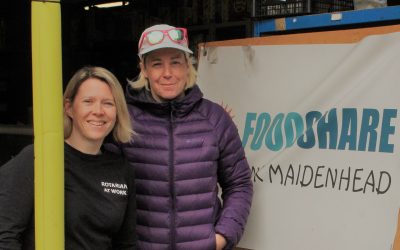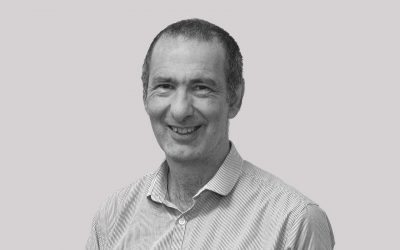Guy was a lad in his early 20s, who had probably one of the worst jobs imaginable – he cleaned ambulances of bodily fluids and also dispensed medical equipment left behind after a day’s shift. But he loved it.
The Londoner had an incredible work ethic. Guy loved the fact that he could help the paramedics, and felt he was doing something worthwhile.
But Guy was also battling with depression. Sometimes, for two or three days, he would not engage with the world.
Soon Guy found himself trapped in the benefits system, relying on Universal Credits and the strict nature of the system where, if you failed to turn up for an appointment, you were sanctioned and a portion of your benefit taken away.
Guy had three dark days, didn’t engage with the system and very quickly spiralled downwards.
When he snapped out of it, Guy travelled to Brighton, went to the pier where he came close to jumping off and ending his life. Fortunately, he didn’t.
Guy came back to London, went to a food bank where he got the help he needed.
He spoke to people who treated him as a human being, and Guy credited the volunteers at the food bank with saving his life.
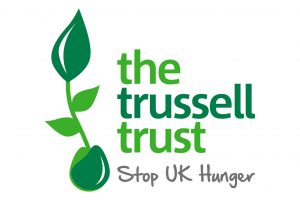

The Trussell Trust aim is to stop hunger and poverty in the UK
Sitting in his office in central London, Garry Lemon, the Trussell Trust’s Director of Policy, External Affairs & Research, tells this terrible story with emotion fixed in his voice.
“I met Guy at a food bank when he told me this story,” recalled Garry. “Here was a decent and intelligent, young lad who would be an asset to this country, who was let down by a system which has become punitive, cruel and inhuman.”
The Trussell Trust was founded in 1997 by Carol and Paddy Henderson, based on a legacy left by Carol’s mother Betty Trussell.
Initially, their work was focussed on helping children sleeping rough in Bulgaria, but then in 2000, Paddy received a call from a mother in Salisbury, Wiltshire, saying: “My children are going to bed hungry tonight – what are you going to do about it?”
That prompted Paddy to start the Salisbury food bank from his garden shed and garage, providing three days’ emergency food to local people in crisis.
The Trussell Trust was founded in 1997 by Carol and Paddy Henderson, based on a legacy left by Carol’s mother Betty Trussell.”
Today, the Trussell Trust supports a network of 1,200 food bank centres, as well as helping those locked in poverty.
They also challenge the structural economic issues which have allowed this to happen.
Last year, the charity delivered 1.6 million food parcels in the sixth richest economy in the world – an increase of 19%.
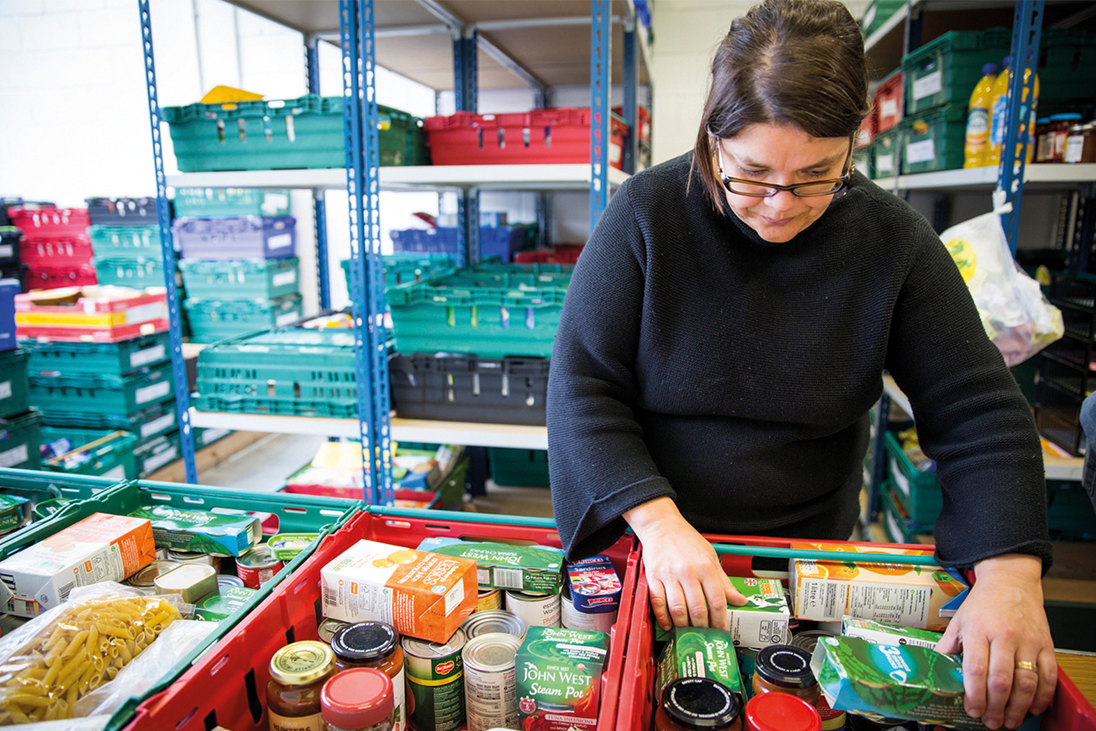

There are 1,200 food bank centres in the Trussell Trust network in the UK
“Our volunteers are amazing,” reflected Garry. “They treat other people with great dignity, respect and non-judgementally when they come through the doors.
“At the end of the day, the dignity you get in a food bank can never be enough for the dignity of not having enough money in your pocket to put food on the table for your own children.”
One of the key messages of the Trussell Trust is that it takes more than food to end hunger.
The food banks do more than supply those who have been referred to them by various agencies with emergency food.
They signpost people to debt advice which can transform a person’s life which is out of control. They also run cookery classes to help someone’s money go further by cooking healthy, balanced meals.
Bizarrely, the Trussell Trust wants to do itself out of business. As part of a five- year plan, the charity wants to see a day when food banks are no longer needed.
A lofty dream maybe, but Garry, who has previously worked with homelessness on the streets of London, has seen this happen for a while with rough sleepers on the streets of the capital, thanks to resources, joined-up thinking and political will from Government.
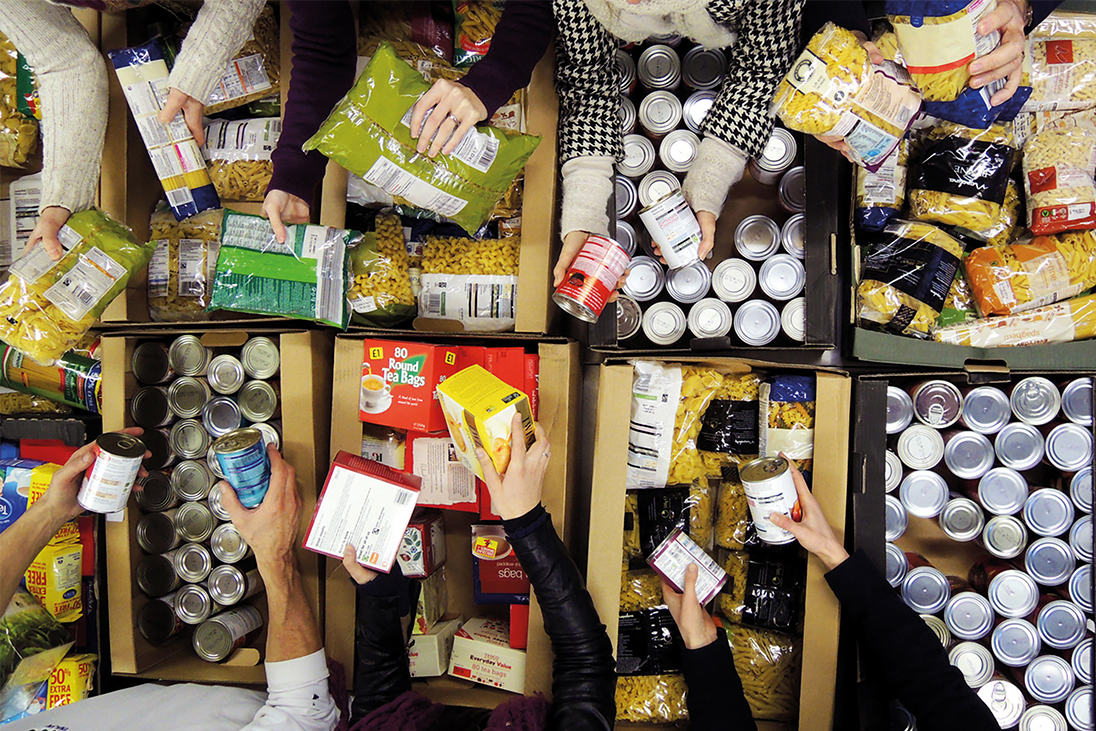

Food sorting process by volunteers
One of the key campaigning grounds for the Trussell Trust is seeking an end to the five-week wait for Universal Credit which is pushing tens of thousands of people towards food banks.
Emma Revie, the Trussell Trust’s Chief Executive, agrees. “If we are to end hunger in the UK, we need to make sure everyone is anchored from being swept into poverty.
“The Government needs to ensure benefit payments reflect the true cost of living and work is secure, paying the real Living Wage.
“Every family should have enough money coming in for a decent standard of living. No child should face going hungry in the UK.”
To find out more about the Trussell Trust and their UK food bank network, visit their website.









